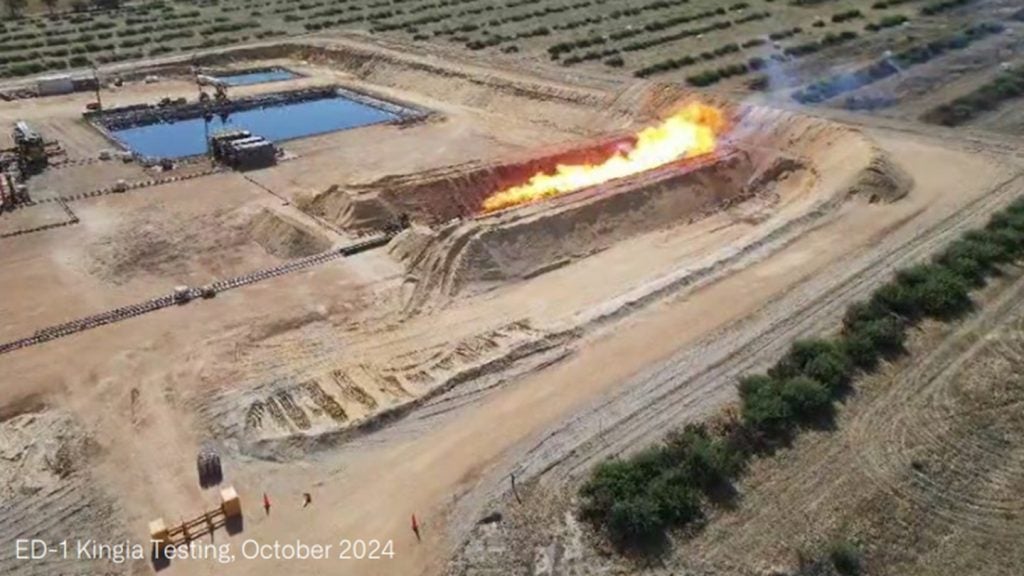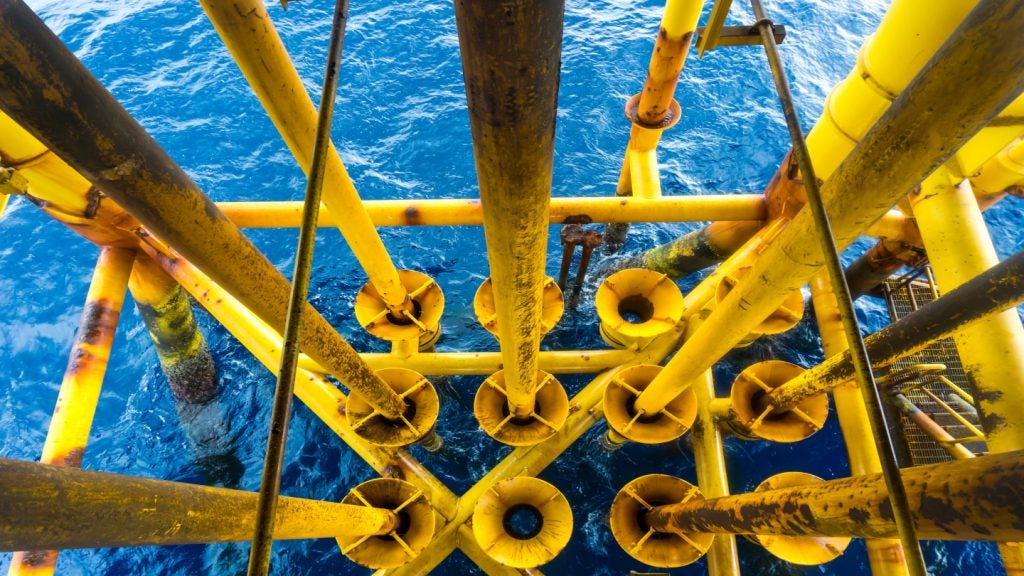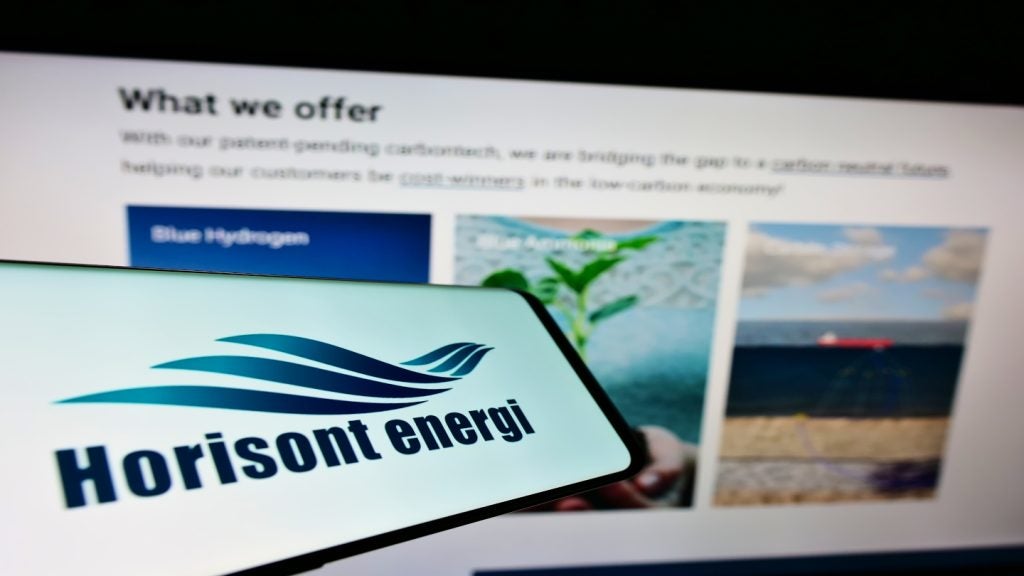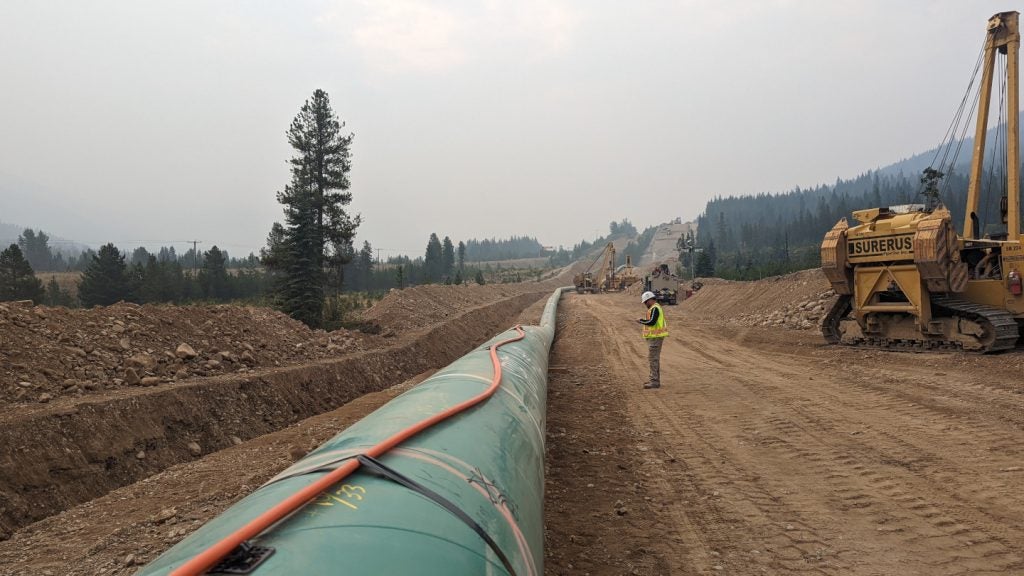

For many decades, the oil and gas industry’s approach to the climate change debate has been characterised by a distinct split between public and private postures, with big oil companies keeping quiet or striking a conciliatory tone on the public stage while making use of strong lobbying forces to influence policy in its favour behind the scenes.
This clandestine, somewhat disingenuous strategy has for the most part proven effective for the industry’s big players, allowing them to oppose disadvantageous state-level climate policies and cloud the debate while striking a fine public relations balance by trumpeting their economic importance and internal efficiency initiatives.
But as the gravity and urgency of the world’s decarbonisation task becomes clearer with each passing year, the tone of the debate has gradually shifted. To a certain degree at least, the worm has turned for climate campaigners, with climate change issues incrementally gaining a foothold in the minds of policymakers and the public.
The global fossil fuel divestment campaign is gaining momentum, renewable energy technologies and alternative fuels are improving in cost and efficiency, and the upcoming UN Climate Change Conference (COP21) in Paris is offering the first tangible chance in a generation to secure a legally binding, international agreement on emissions reduction. As a result, the oil and gas industry’s hands-off approach to climate discussions is starting to look like it’s on shaky ground.
"Business used to wait for governments for policy perfection; they are no longer waiting," said UN Framework Convention on Climate Change (UNFCCC) executive director, Christiana Figueres, at a carbon market event in Barcelona in May. "They are moving forward, providing support and encouragement to national and international actions, because addressing climate change is their best policy for business continuity."
How well do you really know your competitors?
Access the most comprehensive Company Profiles on the market, powered by GlobalData. Save hours of research. Gain competitive edge.

Thank you!
Your download email will arrive shortly
Not ready to buy yet? Download a free sample
We are confident about the unique quality of our Company Profiles. However, we want you to make the most beneficial decision for your business, so we offer a free sample that you can download by submitting the below form
By GlobalDataCarbon price debate: European oil majors get engaged
Figueres’s statement in Barcelona could be dismissed as the product of wishful thinking, but her underlying point that businesses and industry sectors are increasingly looking to contribute to the climate discussion was borne out this summer by an unlikely group – Europe’s biggest oil and gas producers.
In a rare break with industry convention, the chief executives of BP, Royal Dutch Shell, Eni, Total, BG Group and Statoil came together at June’s World Gas Conference in Paris – the city that will host the all-important COP21 – to issue a joint public call for the UNFCCC and world governments to introduce carbon pricing systems where they do not already exist.
"We believe that a price on carbon should be a key element of [environmental policy] frameworks," the company heads wrote in an open letter to Figueres and COP21 president Laurent Fabius. "If governments act to price carbon, this discourages high-carbon options and encourages the most efficient ways of reducing emissions widely, including reduced demand for the most carbon-intensive fossil fuels, greater energy efficiency, the use of natural gas in place of coal, increased investment in carbon capture and storage, renewable energy, smart buildings and grids, off-grid access to energy, cleaner cars and new mobility business models and behaviours."
The frank communiqué acknowledged that carbon pricing adds costs to oil and gas operations, but stressed the importance of creating a carbon market framework to "provide our businesses and their many stakeholders with a clear roadmap for future investment, a level playing field for all energy sources across geographies and a clear role in securing a more sustainable future".
Royal Dutch Shell’s deal to buy BG Energy is one of the biggest mergers the industry has seen for a long time.
The companies argued that a more stable carbon pricing regime should also build towards the interconnection of national pricing systems, creating an even playing field for businesses and a practical, market-based decarbonisation process for the world: "Whatever we do to implement carbon pricing ourselves will not be sufficient or commercially sustainable unless national governments introduce carbon pricing even-handedly and eventually enable global linkage between national systems."
The executives were also unequivocal in their assertion that the current business-as-usual scenario will not keep the worldwide temperature rise to less than 2°C above pre-industrial levels. That in itself is a surprisingly forthcoming statement from a group of large companies whose products are contributing to that temperature rise, but equally startling is the open nature of the message, and the shift in communication strategy it seems to signal.
"This is a symbolic moment, and demonstrates an important if not universal shift," said Climate Group CEO, Mark Kenber, in June. "It reflects a growing realisation within influential sectors of the fossil fuel industry of a need to adapt to both market and climate realities."
Looking for a gas boost
The public nature of the European majors’ recent engagement with the climate change discussion is a powerful manifestation of a changing tide in the environmental debate. Where in past decades it was the eco-activists who were roundly ignored and ridiculed by the mainstream, today it is increasingly the deniers and the wait-and-see brigade that risk being ostracised. With this perspective in mind, even the largest multinational oil companies start to resemble the turkey noticing that Christmas is around the corner and scrabbling to have a say on what goes on the menu.
As such, for the European oil majors that contributed to the open letter, there was clearly a consensus not just to engage with the debate, but to form a united front on the manner of that engagement. By calling for a consistent carbon pricing regime – whether a simple carbon tax or a more complex cap-and-trade system like the EU’s Emissions Trading Scheme – BP, Shell and the other signatories are attempting to position gas as a practical, cleaner-burning stepping stone to a low-carbon future. The company heads elaborated on their position in an accompanying letter sent to the media.
"The need to cut emissions is so essential that we have to pursue all options to lower carbon while providing the energy the world needs to meet demand from a growing population seeking better living standards," they wrote. "Natural gas can help deliver this. For natural gas, the case is simple: when burned to make electricity, it typically generates around half the carbon emissions of coal. In addition, gas can provide the electricity base load that is required and can be a flexible partner to renewable as efforts continue to improve the storage of electricity produced by intermittent solar or wind."
Obviously gas production makes up a significant chunk of these companies’ revenue streams, so it stands to reason that the promotion of gas represents the industry’s most viable medium-term route forward in an increasingly carbon-conscious world. And the introduction of stricter and more integrated carbon pricing would impact on coal, the dirtiest fossil fuel, the hardest, providing a welcome boost to gas, which has been struggling to find adequate market share in the face of competition from cheap coal.
The Atlantic divide
The gradual shift of the European majors towards a more open dialogue with the world on emissions reduction doesn’t appear to have been echoed by their American rivals. Major US oil and gas firms like Chevron and ExxonMobil were notable by their absence from the joint statement.
The European coalition is reportedly in talks with two large US oil firms to join the carbon pricing initiative, but it was impossible to hide the fact that an Atlantic schism has emerged.
"It’s clear that there is a difference of views on each side of the Atlantic," said Total CEO, Patrick Pouyanné, at a press conference in June. "Instead of waiting for the smallest common denominator, we got convinced it was worth making a commitment as European oil majors, as we command a significant share of the oil market, without necessarily waiting for an American to come on board."
The heads of both ExxonMobil and Chevron made their positions clear this year, and they seem unlikely to join the European bloc.
A new breed of investor is seeking to force climate change into the boardrooms of big oil.
"We’re not going to be disingenuous about [climate change]," said ExxonMobil CEO Rex Tillerson in May. "We’re not going to fake it. We’re going to express a view that we have been very thoughtful about. We’re going to express solutions and policy ideas that we think have merit."
Chevron chief John Watson, meanwhile, was similarly non-committal, saying on an investor call: "We think we can make our own statements and our statements speak for themselves."
Indeed, the refusal by the likes of Chevron and Exxon to commit to a European-led initiative doesn’t preclude their involvement in the debate. In May this year, Exxon’s head of public policy Ken Cohen expressed support for a "revenue-neutral carbon tax" as opposed to state mandates as the most cost-effective approach to tackling climate change.
Nevertheless, given that the considerations between these companies are similar and the consensus on the benefits of carbon pricing seems to be in place, it’s difficult not to be disappointed that the June letter didn’t represent a united statement from all the industry’s biggest Western players. From both the environmental and commercial standpoints, there are significant benefits to having this important conversation in the open. The more stakeholders that come forward and engage with the debate to make their views public rather than lobbying behind closed doors, the more democratic and informed the discussion will be.







